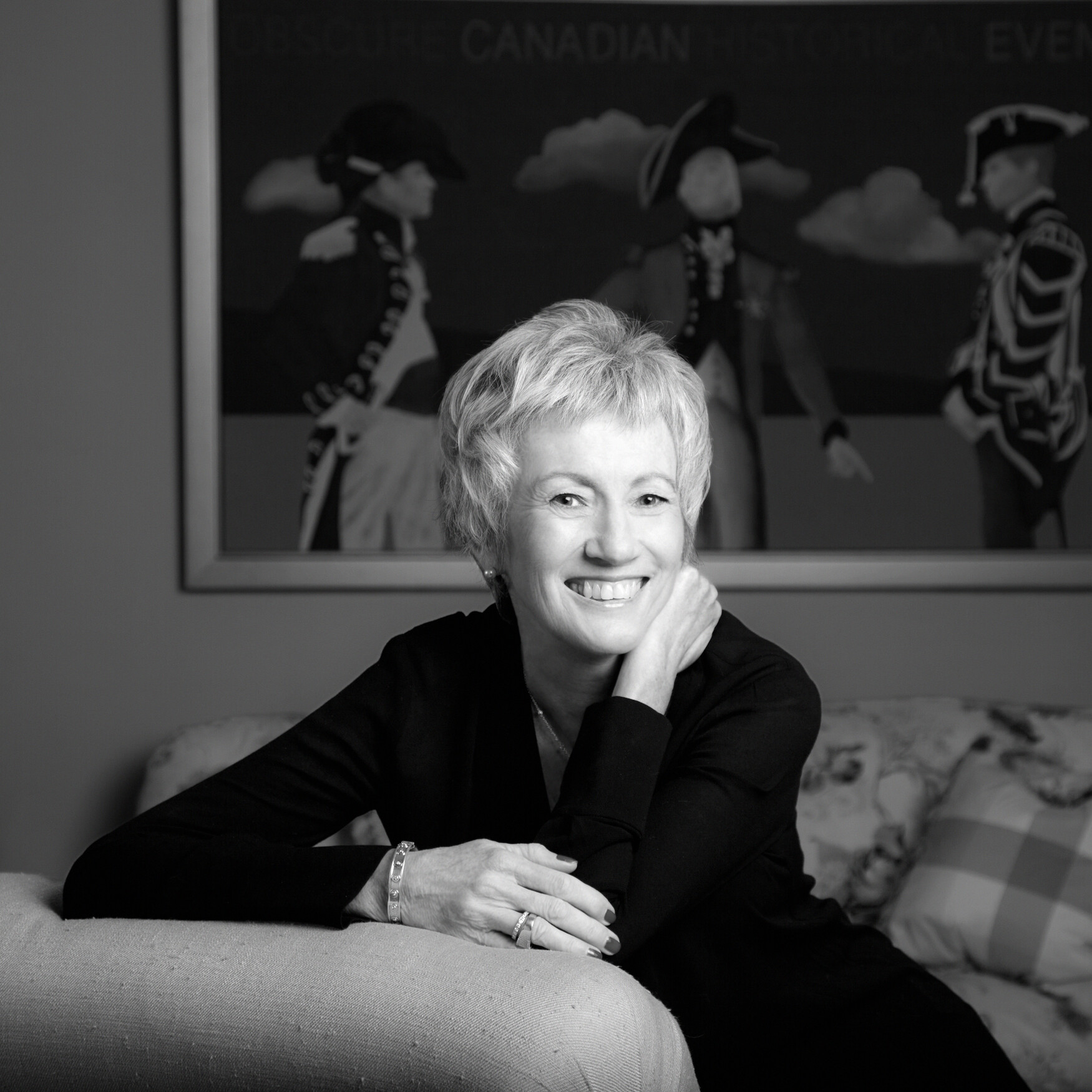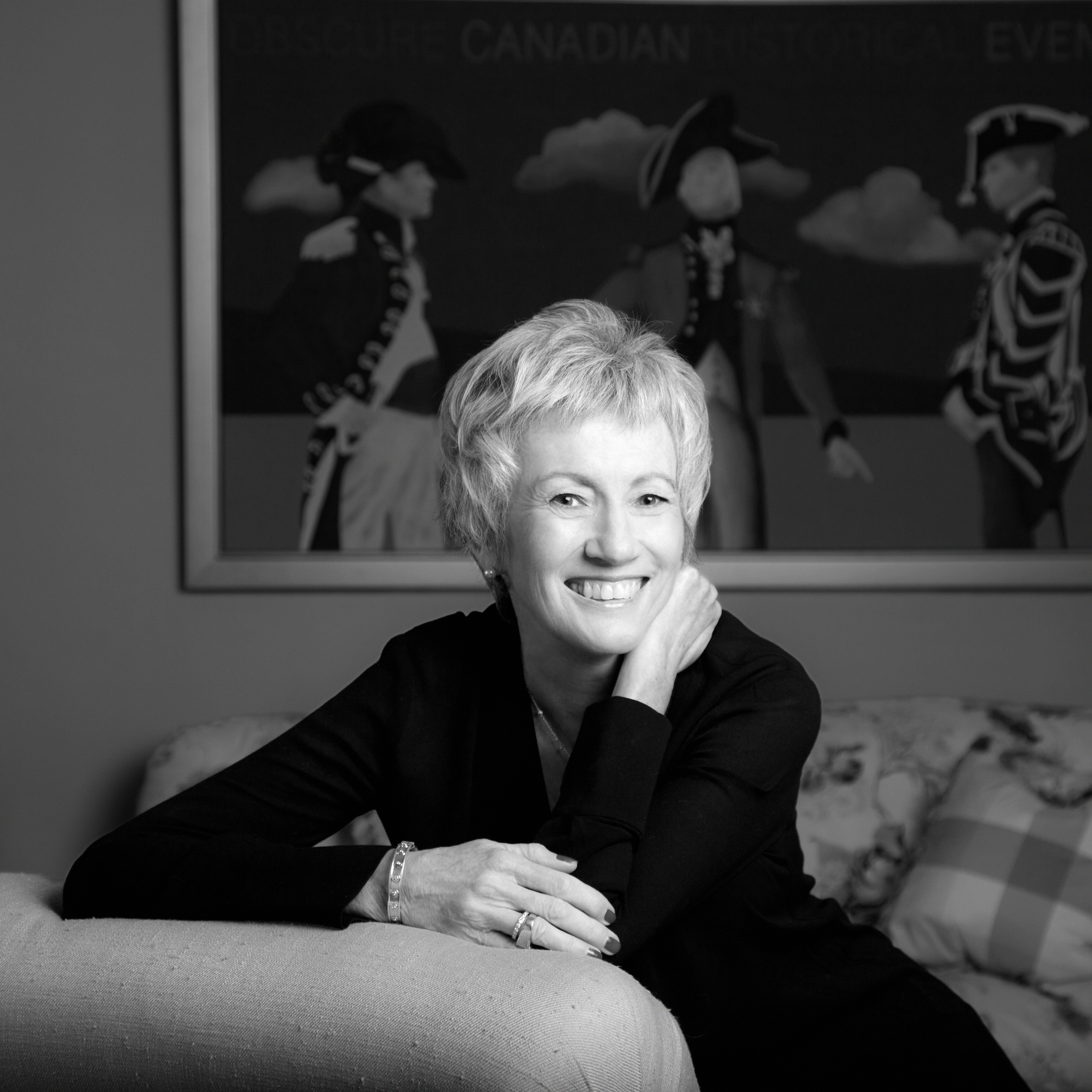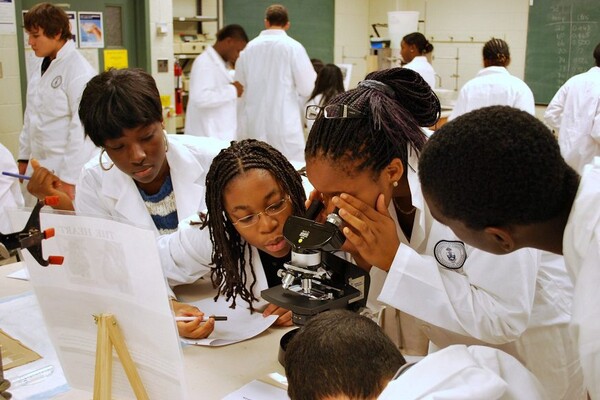Mobile Menu
- Education
- Research
-
Students
- High School Outreach
- Undergraduate & Beyond: Community of Support
- Current Students
- Faculty & Staff
- Alumni
- News & Events
- Giving
- About

Carolyn Morris
 The Janet D. Cottrelle Foundation supports surgical oncology fellowships at the University of Toronto’s Faculty of Medicine.
The Janet D. Cottrelle Foundation supports surgical oncology fellowships at the University of Toronto’s Faculty of Medicine.
When Janet Cottrelle developed breast cancer, it was diagnosed early on and treated successfully.
Not so with her ovarian cancer, detected eight years later in 2014 at an advanced stage.
While Cottrelle and her husband Rob Collins had discussed establishing a foundation funded by their estates for some time, the ovarian cancer diagnosis caused them to do so earlier than expected. In 2014, they created the Janet D. Cottrelle Foundation, which is primarily dedicated to funding research into diseases and conditions affecting women.
Then, at the funeral of a friend who died of ovarian cancer, one of her friend’s daughters pointed out in the eulogy that the reason so little money is raised for ovarian cancer research is because, “nobody lives long enough to become an advocate.”
“When I heard that,” Cottrelle said at the time, “I determined I would be that advocate. For as long as I have breath, for as long as I have health, I am going to pound the drum on this one.”
Cottrelle was instrumental in the decision to establish the Foundation’s first grant, providing seed money for innovative ovarian cancer research projects at the University Health Network’s Princess Margaret Cancer Centre.
Unfortunately, her health deteriorated rapidly, and she had little opportunity to fulfil her role as an advocate. Her legacy lives on, however, through the work of the Foundation.
In addition to ovarian cancer research projects at Princess Margaret Cancer Centre and the British Columbia Cancer Agency, the Foundation is contributing to surgical oncology education at the University of Toronto’s Faculty of Medicine, through a commitment of $328,000 to establish the Janet D. Cottrelle Foundation Surgical Oncology Fellowships.
“The impact of these fellowships is significant,” says Professor Frances Wright, who is director of University of Toronto’s General Surgical Oncology Program, and was Cottrelle’s breast cancer surgeon. “Through education, they’re affecting hundreds if not thousands of patients’ lives. That’s quite a powerful legacy.”
The gift supports international fellows to train alongside Canadian colleagues in this specialized two-year program, with rotations at Toronto’s renowned oncology centres: Sunnybrook Health Sciences Centre’s Odette Cancer Centre and the Princess Margaret Cancer Centre.
Wright, who also sits on the board of the Foundation, notes that international fellows often return to their countries to establish specialized surgical oncology centres and training programs, significantly improving the quality of care in these countries. They also maintain professional and research collaborations with their peers at U of T.
“Janet and I both graduated from U of T, and both of us have been long-time donors to the university,” says Collins. “We agree that education and research are key to improving outcomes. While Janet was extremely appreciative of the care she received, she was also determined to improve the quality and length of life for women afflicted with diseases such as ovarian cancer.”

